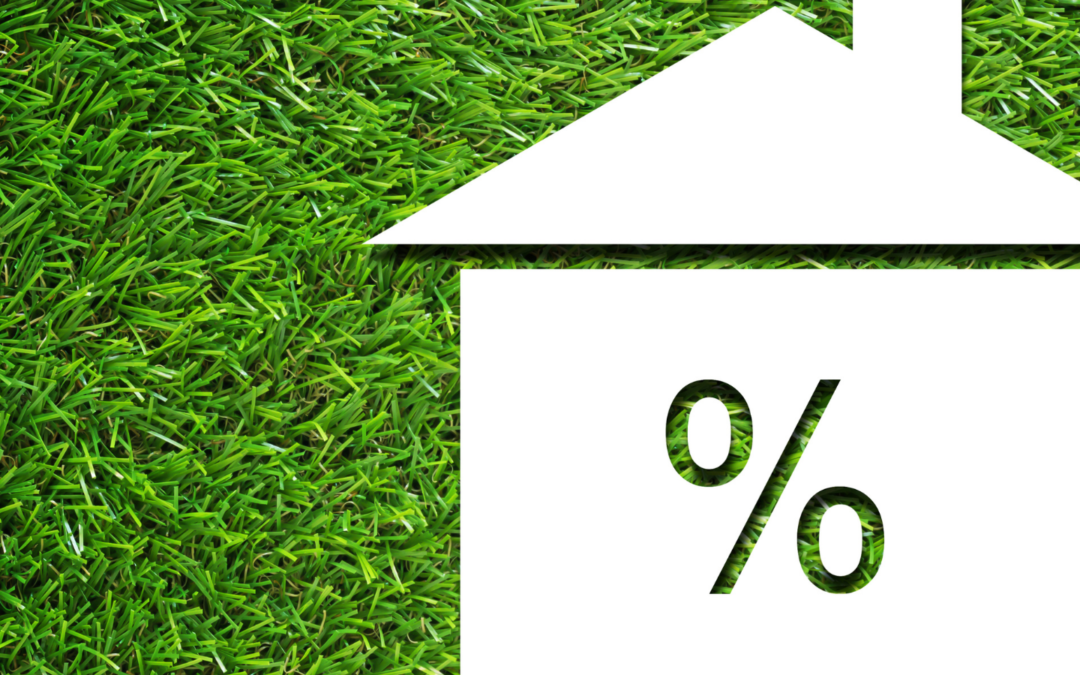The big four banks have forecast that the Reserve Bank will begin lifting official interest rates from June. If and when that happens, lenders will almost certainly increase their home loan rates.
That would be annoying if you’re about to start looking for a property and you’re planning to get a fixed-rate loan, because it’s possible fixed rates will rise between when you get your pre-approval and when you formally apply for your home loan.
In that case, you’d have to accept the higher interest rate – unless you’d taken out a ‘rate lock’, which is when a bank promises to give you the lower initial interest rate, in return for a fee.
What Is A Rate Lock?
A rate lock is an option you can choose when applying for a fixed-rate loan, and you are concerned rates may go up between when you apply and when you are approved.
It is a strategy some homeowners use so that they are not affected if rates move before their loan is advanced.
How Does A Rate Lock Work?
This is dependent on your lender, so if you are considering if a rate lock is an option for you, we recommend you have a chat with your Mortgage Broker, who can help you understand your options.
Some lenders will lock the rate from when you apply for the loan. Others may lock the rate on the date you pay the fee or the approval time.
For example:
- Your locked rate is 3%.
- Whilst your application is being processed, the lender updates their rates to 3.5%.
- Your rate lock protects you so that your loan rate remains at 3% so long as no other circumstances change and your loan lock term does not expire.
Rate locks are to protect you if the rate rises, not if it drops. So it is vital to understand any agreement’s terms to ensure you are getting a competitive rate that works for you in the long term.
How Much Is a Rate Lock?
Like all insurance policies, rate locks are priced so that the provider (i.e. the bank) finishes ahead. So, for the average borrower, the cost of the rate lock is likely to be higher than the savings it provides. But a rate lock can still be valuable by providing peace of mind.
Some lenders offer free rate locks for limited periods with certain loan products. It is best to chat to your mortgage broker about your options and understand the costs and potential savings before locking anything in.
When Should I Consider A Rate Lock?
Competitive rates are essential, but you also need to consider your loan structure, repayment plan and other features to ensure your loan solution is a good fit for you and your lifestyle.
A rate lock is usually considered by homeowners looking to secure a fixed rate loan and are concerned that rates will go up.
How Long Will The Rate Lock Be In Effect?
Rates under a rate lock will generally only be held for a set period, such as 60 days.
When A Rate Lock May Not Be Suitable
- If the savings don’t add up. The fee for locking in your rate may outweigh how much you pay.
- If rates are expected to drop, the lender may hold you to the rate lock, even if it is higher.
- If you are unsure if your application or purchase will proceed, as the rate lock fee may not be refundable if your loan gets declined.
Tips For Locking In Your Rate
- Get your rate lock in writing to save headaches if the rates change so that you know you are protected.
- Make sure you understand all the terms of your rate lock
- It is essential to read the fine print!
- Be aware that your lock-in fees may not be refundable
- Use a Mortgage Broker
If you are looking to apply for a new loan or refinance, we can model different interest rate scenarios to help you decide if a rate lock is suitable for you.
Our team of award-winning mortgage brokers work for you. We are across the changes in the market and can tailor a loan solution with competitive interest rates and a structure designed to suit your financial goals.
Disclaimer:
Terms are subject to approved persons only. This information is true and correct as of 5/04/2022. All of the content above is general in nature and may not suit your personal needs, situation objective & goals.


